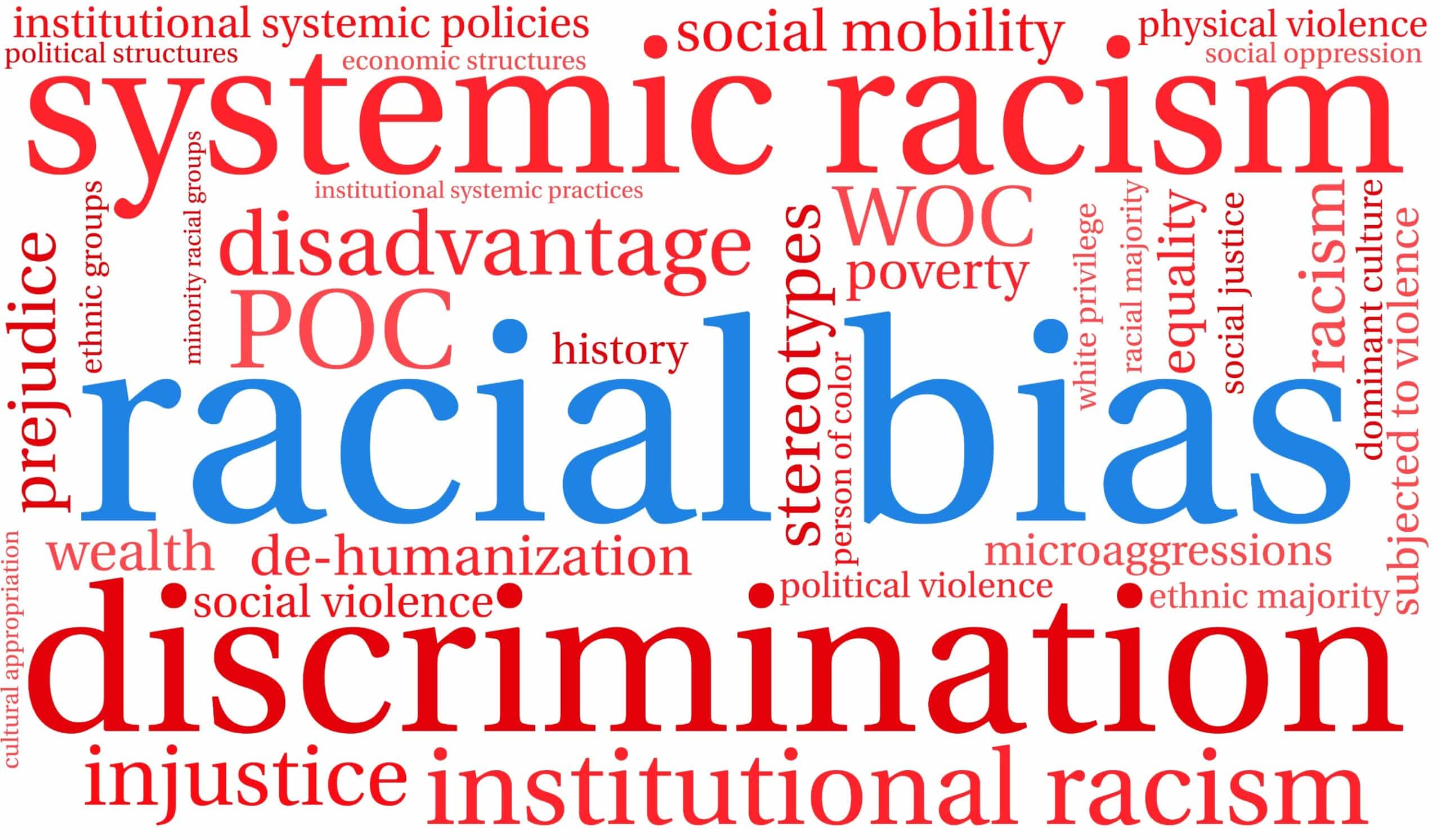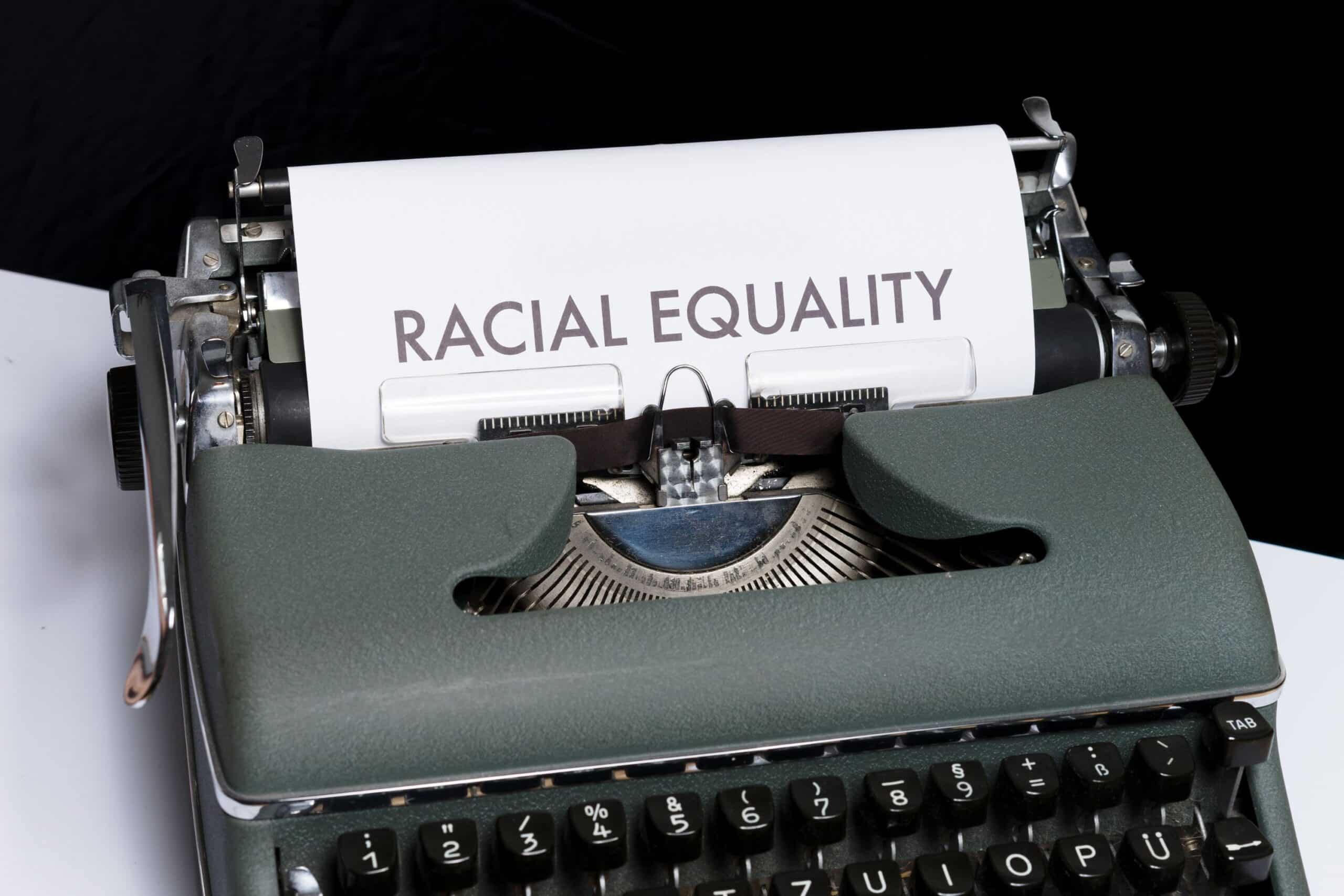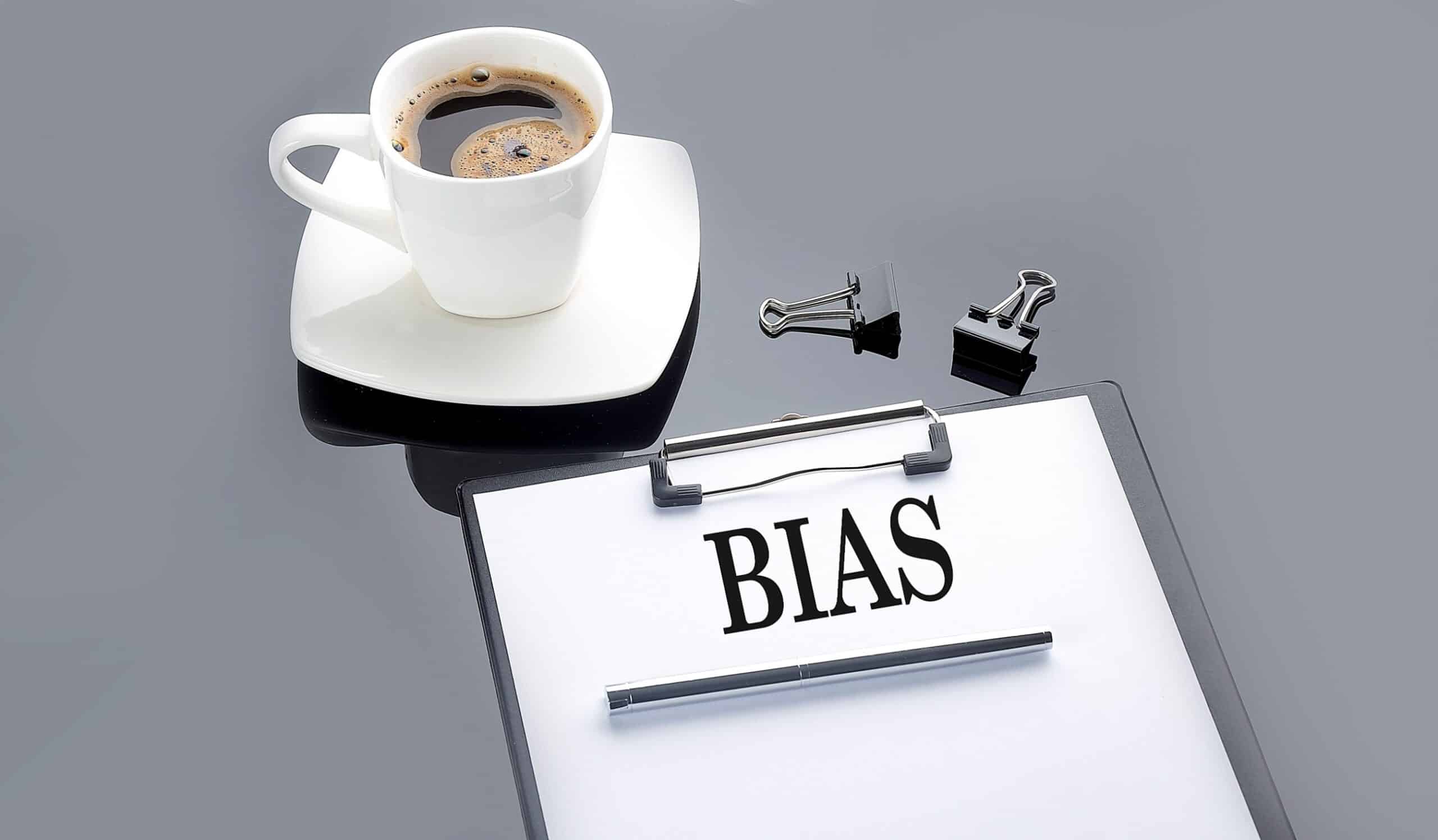Racial bias has long been a pervasive issue in the criminal justice system across the United States, and Minnesota is no exception. Despite the state’s reputation for progressive politics and social justice, studies have shown that people of color are disproportionately impacted at every stage of the criminal justice process in Minnesota, from police stops to sentencing. This systemic bias can have a significant impact on the outcome of criminal trials and can result in wrongful convictions, harsher sentences, and a lack of faith in the criminal justice system among communities of color.
Minnesota has a complicated history when it comes to race relations, with a significant Native American population, as well as large communities of African American, Latinx, and Asian American individuals. Additionally, the state has a high racial and economic segregation level, with significant disparities in access to education, healthcare, and other resources.
These social and economic disparities are reflected in the criminal justice system. People of color are more likely to be stopped, searched, and arrested by police and more likely to receive harsher sentences than their white counterparts. This systemic bias is rooted in a history of racism and discrimination in the United States, and we must continue to work toward a criminal justice system that is fair and just for all individuals, regardless of their race or ethnicity.
Racial Bias in Jury Selection
Jury selection is a critical stage of the criminal trial process, as jurors are tasked with determining the guilt or innocence of the defendant. However, studies have shown that racial bias can influence jury selection, with prosecutors often using peremptory challenges to exclude potential jurors of color. This bias can impact the diversity of the jury pool and may lead to a lack of representation for people of color on the jury.
One potential solution to address racial bias in criminal trials is implementing implicit bias training for judges, attorneys, and other criminal justice system members. Implicit bias is attitudes or stereotypes that unconsciously affect our understanding, actions, and decisions. This training can increase awareness of these biases and provide strategies to address them consciously and deliberately.
Racial Bias in Prosecution and Sentencing
Racial bias can also impact a criminal trial’s prosecution and sentencing phases. Studies have shown that people of color are more likely to be charged with crimes and receive harsher sentences than their white counterparts. This bias can be attributed to various factors, including implicit bias among prosecutors and judges and the impact of systemic racism on the criminal justice system.
Racial Bias and Wrongful Convictions
Wrongful convictions are a significant issue in the criminal justice system, and racial bias can play a significant role in these cases. Studies have shown that people of color are more likely to be wrongfully convicted than white defendants. This bias can be compounded by the over-reliance on eyewitness testimony and unreliable forensic evidence.
Addressing Racial Bias in Minnesota Criminal Trials
Addressing racial bias in the criminal justice system requires a comprehensive approach that tackles bias at every stage of the process. Some of the steps that can be taken to address this issue in Minnesota include:
- Increased diversity in the jury pool: Encouraging greater diversity in the jury pool can help to ensure that people of color are adequately represented in the criminal trial process.
- Implicit bias training: Providing implicit bias training to judges, prosecutors, and other criminal justice professionals can help to raise awareness of unconscious bias and its impact on the criminal justice system.
- Police reform: Implementing police reform measures can help to address the over-policing of communities of color and reduce the likelihood of racial bias impacting the criminal trial process.
- Sentencing reform: Reforming sentencing laws and practices can help to reduce disparities in sentencing outcomes and address racial bias in the criminal justice system.
Racial bias continues to be a significant issue in Minnesota criminal trials, and it is essential to address this issue to ensure that the criminal justice system is fair and just for all. By increasing diversity in the jury pool, providing implicit bias training, and implementing police and sentencing reform measures, we can work towards a criminal justice system free from bias and discrimination. If you are facing criminal charges in Minnesota, it is essential to work with an experienced criminal defense attorney who understands the impact of racial bias on criminal trials and can help to protect your rights and ensure that you receive a fair trial.
About the Author:
Christopher Keyser is an AV-Preeminent rated criminal and DWI defense attorney based in Minneapolis who is known for fighting aggressively for his clients and utilizing innovative tactics to get the most positive results. He has been featured in numerous media outlets due to the breadth and depth of his knowledge and has been named a Certified Specialist in Criminal Law by the Minnesota Bar Association. Mr. Keyser is Lead Counsel rated, and he has received recognition for his criminal law work from Avvo, Expertise, Super Lawyers, The National Trial Lawyers, and more.








